What good is a fast computer if you can’t rely on it?


What good is a fast computer if you can’t rely on it?
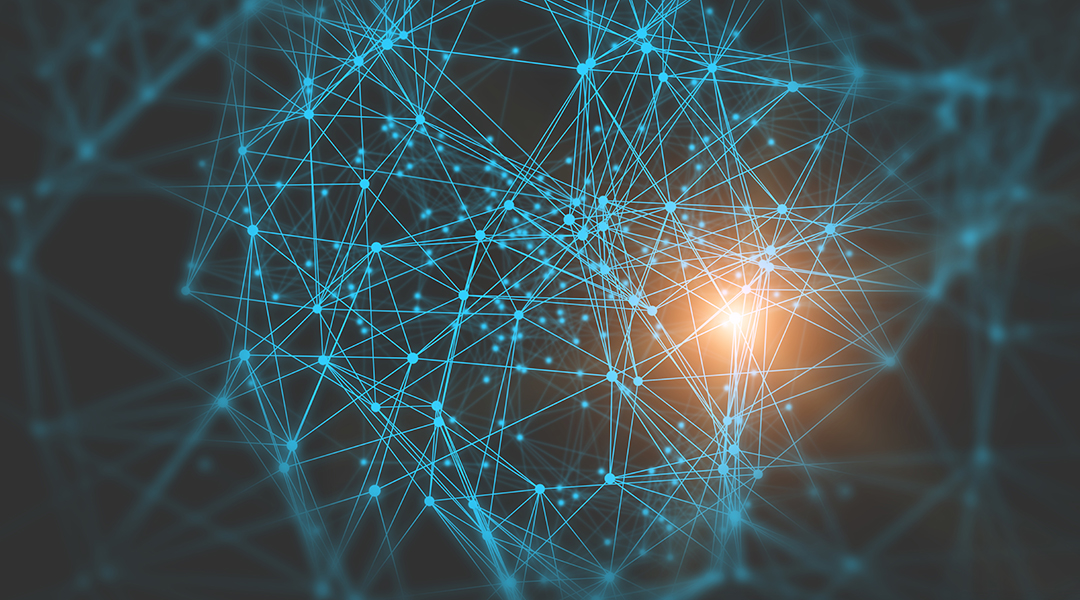
Researchers were able to detect a “needle” of highly fragile quantum information in a “haystack” of nuclei.
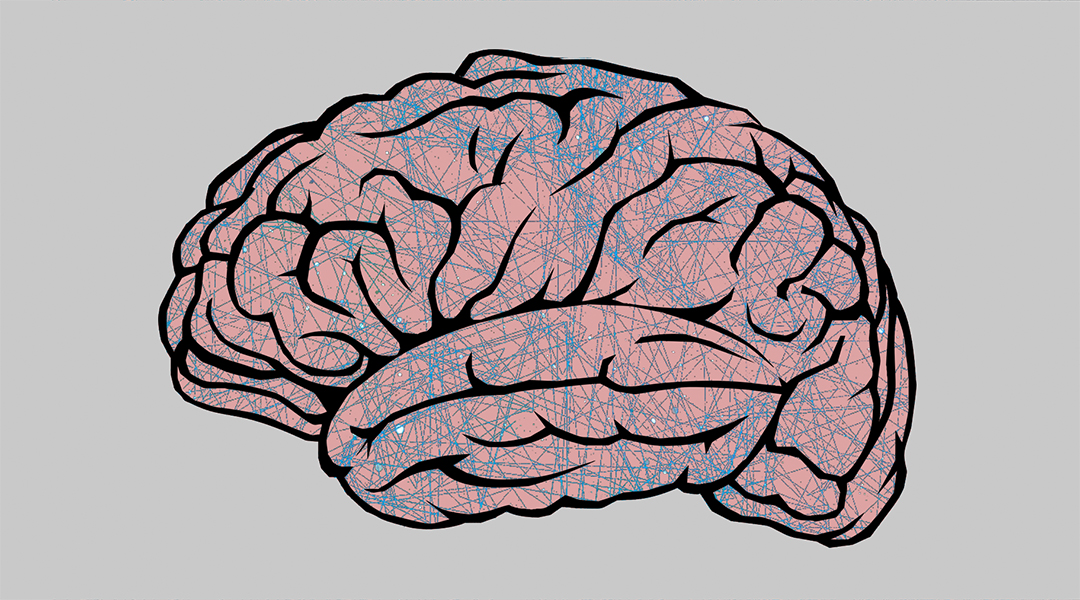
An intelligent material that learns by physically changing itself, similar to how the human brain works, could be the foundation of a completely new generation of computers.
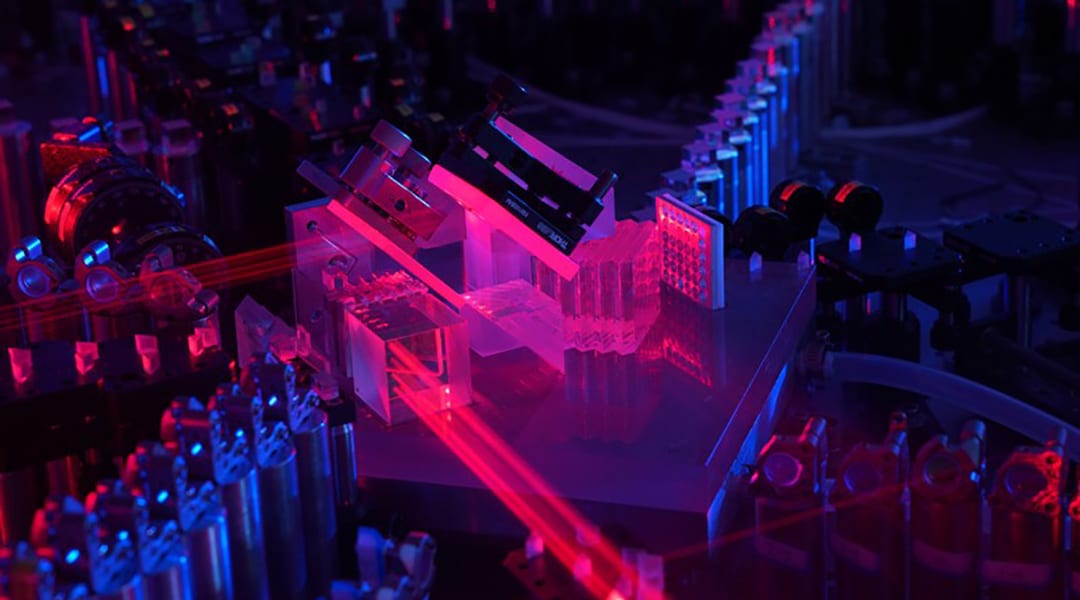
The quantum computer named Jiuzhang was able to complete a task 100 trillion times faster than one of the world’s fastest super computers.
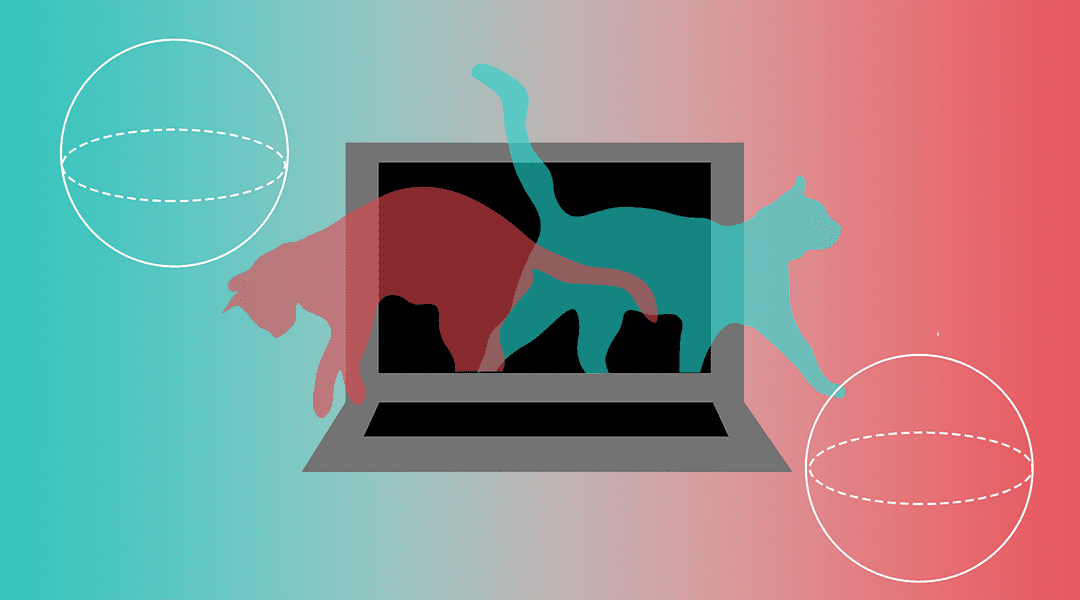
Computers relying on subatomic physics: what are quantum computers, and how will they revolutionize our computing abilities?

New quantum algorithms will have dramatic impact in computational molecular biology and bioinformatics and promise to impact a number of life science applications.
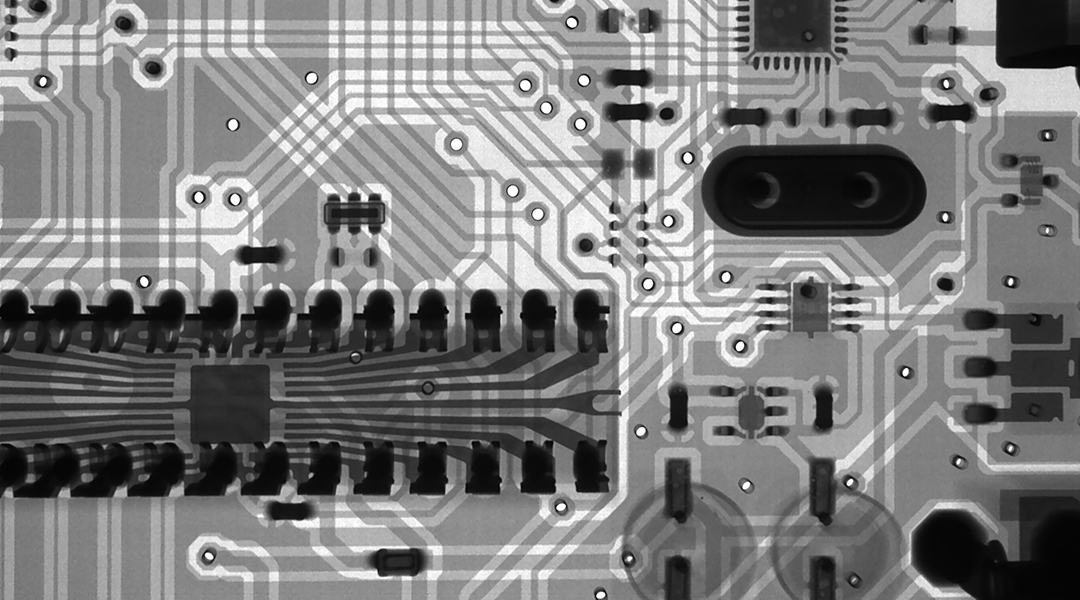
A quantum autoencoder via approximate quantum adders in the Rigetti cloud quantum computer is carried out employing up to three qubits.

Scientists have shown that the Landau Lifshitz gravitational energy momentum pseudo-tensor can be generalized to metric theories of gravity, where the terms of any order in the derivatives of the metric are present.
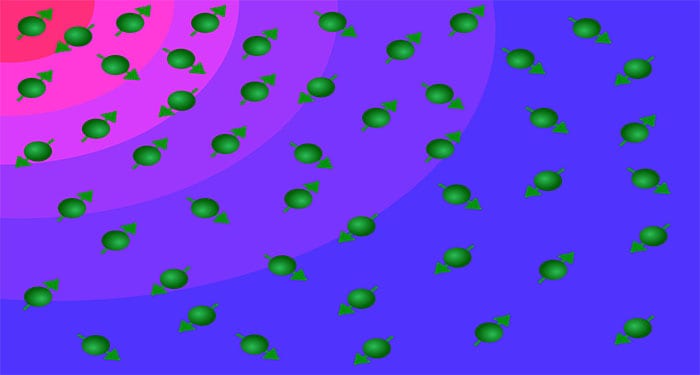
Possible mechanisms for energy transfer based on ‘rare’ or ‘non-perturbative’ effects, in physical systems that present a many-body localized phenomenology are reviewed.
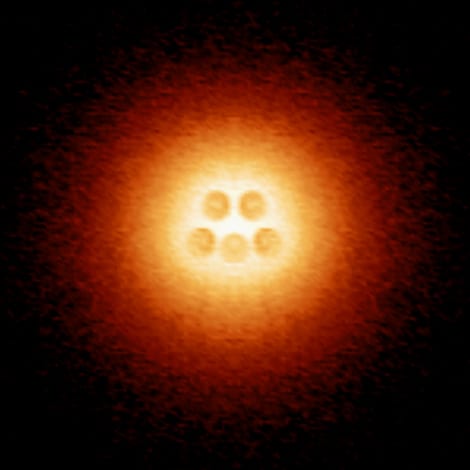
Atomic collapse state recreated with artificial nuclei by Berkeley Lab researchers.